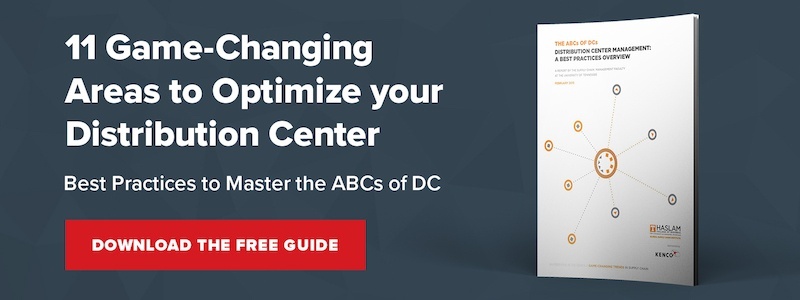
It is not new to state the decision to outsource supply chain functions hinges on the level of organizational commitment to the departments growth within a company.
Companies with dedicated processes, technologies, and personnel—typically reporting to a Chief Supply Chain Officer—are more likely to succeed with an internal supply chain organization.
Companies that do not or cannot make a core commitment run the risk of lower customer satisfaction and retention, reduced profitability, and even long-term viability. The decision to insource or outsource supply chain functions is best made through an objective assessment of these factors.
Should I Be Outsourcing Logistics?
The decision to outsource comes down to people, process, and technology. I ask customers to take time to honestly and objectively consider these questions:
- Are you going to invest the time and the money to develop and provide a career path for people in supply chain roles?
- Are you going to invest the time and money for world-class supply chain processes that drive continuous value within your company?
- Are you going to invest the time and money to develop, implement and maintain world-class supply chain technology?
If the answer to these questions is yes, then it makes sense to keep many of the supply chain functions in-house. But if there is any hesitation about answering all of them affirmatively, then outsourcing should be seriously considered.
The Benefits Of a Third Party
Third party providers add value by bringing all three of these characteristics to a customer relationship. As part of an organization solely focused on supply chain services, these companies offer their people clear career paths and developmental opportunities within the industry.
Operational methodologies and continuous improvement processes are designed and implemented specifically to focus on supply chain functions.
Additionally, service providers have access to a myriad of best practices that can be leveraged across all their customers.
Finally, the vast majority of a service provider's technology budget is dedicated to supply chain management systems.
The viability of these providers is dependent upon their investment in maintenance of existing systems and development of new supply chain technologies.
Picking the Right Solution
So, what is the optimal model? Depending on your answers to the previous questions, it is likely a hybrid solution. After completing an internal evaluation, many progressive companies are opting to install a leaner supply chain organization that is tasked with developing the strategic direction for the entire network and then governing multiple service providers executing the day-to-day tasks.
This model provides companies a sense of control while also benefiting from the investments and resources of third-party providers.
Do you agree? Can companies that prioritize manufacturing, product marketing, retailing, engineering or some other function ever match the capabilities and value of focused supply chain management entities?
To help with your assessment, check out The ABC's of DC's: A Best Practices Overview. In it, you will find a list of warehousing best practices and your very own evaluation tool.




